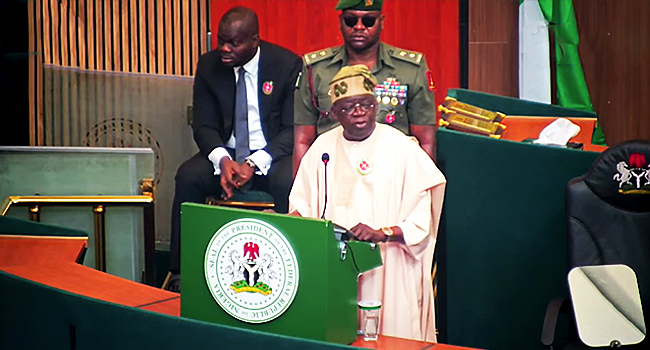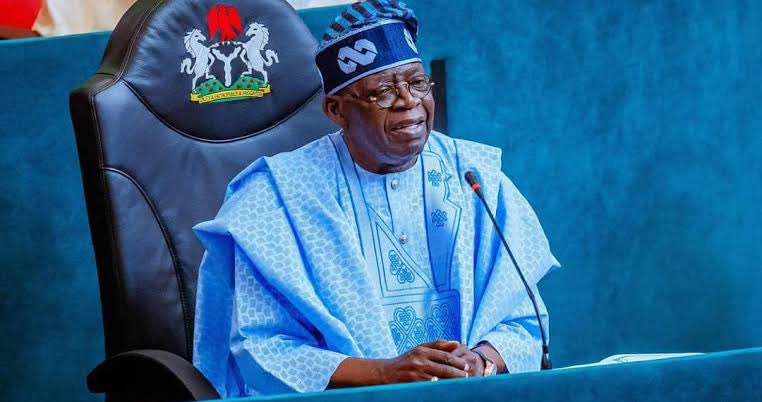The Federal Government of Nigeria has allocated ₦9.4 billion for the travel and refreshments of President Bola Ahmed Tinubu and Vice President Kashim Shettima in the 2025 fiscal year.
President Tinubu presented this allocation in the 2025 Appropriation Bill to the National Assembly.
Titled “Restoration Budget: Securing Peace and Building Prosperity,” the budget outlines a total expenditure of ₦49.7 trillion for the year. Of this amount, ₦7.44 billion is earmarked for President Tinubu’s travel and refreshments, while ₦1.9 billion is allocated for Vice President Shettima.

President Tinubu’s international travel will cost ₦6.14 billion, while local trips will require ₦873.9 million. The budget also reserves ₦431.6 million for his refreshments, meals, and catering supplies.
Similarly, Vice President Shettima’s international travel will cost ₦1.31 billion, with local travel pegged at ₦417.5 million. His refreshments and catering expenses are set at ₦186.02 million.
The announcement has sparked a wave of public debate. Critics argue the expenses overlook Nigeria’s economic challenges, emphasizing the need to prioritize infrastructure and social services.
Supporters, however, claim the allocations are essential for effective governance and international representation.
Other Budget Provisions
The budget also includes ₦4.76 billion for vehicle acquisitions. Of this, ₦3.66 billion will fund operational vehicles for the State House, and ₦1 billion will replace SUVs.
An additional ₦255.7 million is reserved for other car purchases, including ₦127.8 million each for SUVs for the President and Vice President, and operational vehicles for the Presidential Conference Car Unit (CCU) fleet.

Moreover, the government plans to spend ₦5.94 billion on honorarium, fuel, and constructing an office complex for Special Advisers and Senior Special Assistants. This includes ₦2.12 billion for sitting allowances, ₦1.99 billion for fuel, and ₦1.83 billion for the office complex.
As lawmakers review the budget, Nigerians anticipate further scrutiny and adjustments. The debate underscores the tension between fiscal responsibility and governance demands.














